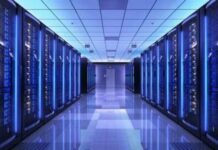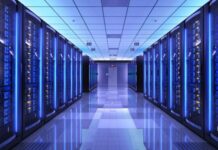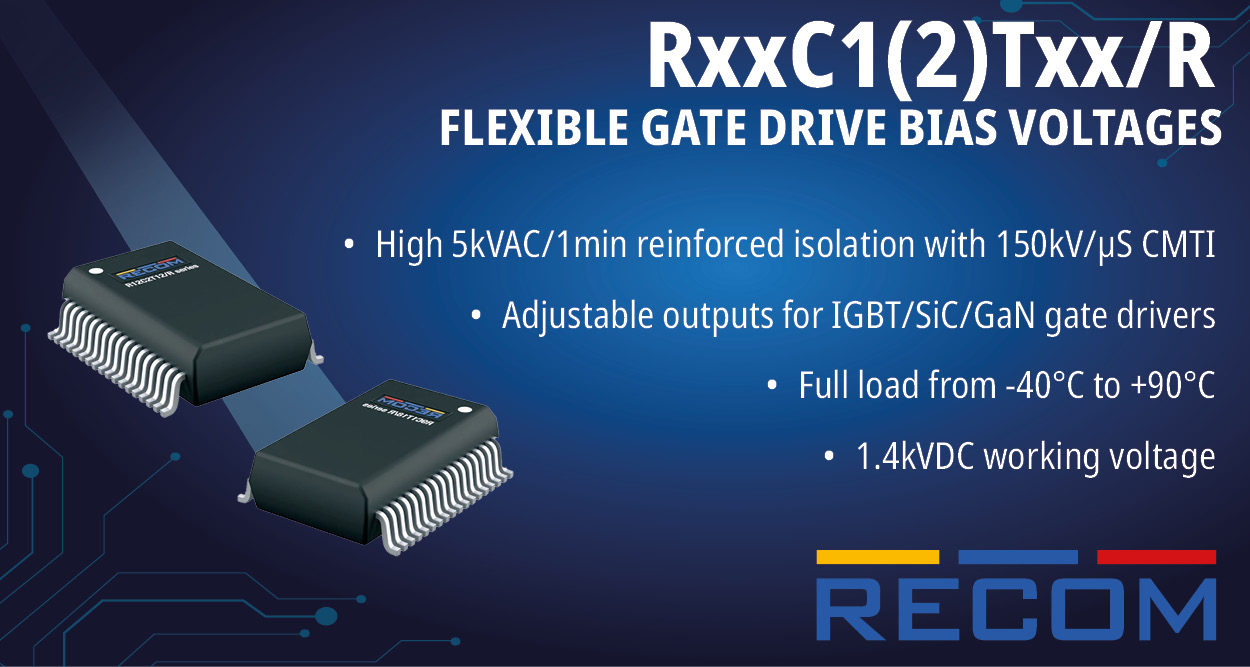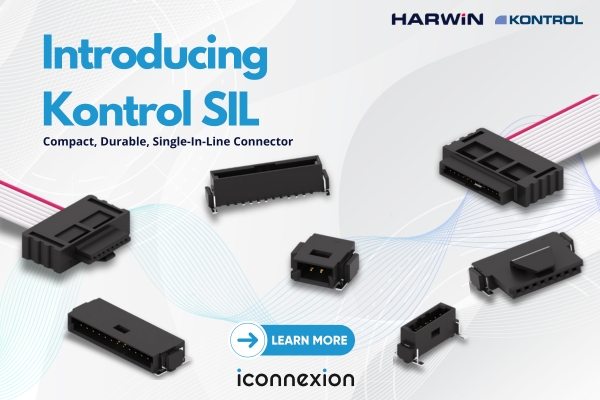India’s internet user base is projected to reach 900 million by 2025, driven by smartphone adoption, affordable internet, and 5G availability. This surge in data consumption has put increasing pressure on companies to store, access, and analyze vast amounts of data while keeping costs low. High-capacity hard disk drives (HDDs) are emerging as a preferred solution in data centers, providing the infrastructure needed to handle modern data demands.
Here are six reasons why HDDs offer unmatched value for today’s data centers:
- Cost-Effective, High-Capacity Storage:
- HDDs offer high storage capacities at a lower total cost of ownership (TCO) compared to other options, making them ideal for large-scale data centers.
- Reliability for Cloud Service Providers and Hyperscalers:
- Cloud Service Providers and Hyperscalers choose HDDs due to their durability and scalability, allowing businesses to reduce costs while boosting performance for data-intensive applications.
- Energy Efficiency with High-Capacity HDDs:
- Higher-capacity HDDs reduce energy consumption by minimizing the physical footprint and lowering cooling requirements, which results in significant power savings.
- Helium-Filled HDDs for Reduced Power Consumption:
- Western Digital’s helium-filled HDDs reduce internal turbulence, allowing more disks in a single drive and lowering power use, supporting sustainability goals.
- Innovations in Storage Density and Platter Stacking:
- Advances in areal density (packing more data onto each platter) and increased platter stacking boost HDD efficiency, helping data centers store more data without expanding physically.
- Optimized for AI and Data-Heavy Workloads:
- With AI advancements driving massive data demands, HDDs like Western Digital’s 32TB UltraSMR and 26TB Conventional Magnetic Recording (CMR) drives are purpose-built to handle AI and other data-heavy workloads. These record-breaking drives offer the high capacity and efficiency needed by hyperscalers and enterprises to support AI applications and data-rich environments, providing the performance required to process and analyze ever-growing volumes of data.
For businesses looking to future-proof their data infrastructure, HDDs continue to be essential, offering a balanced approach to cost, capacity, and sustainability as data requirements expand.















